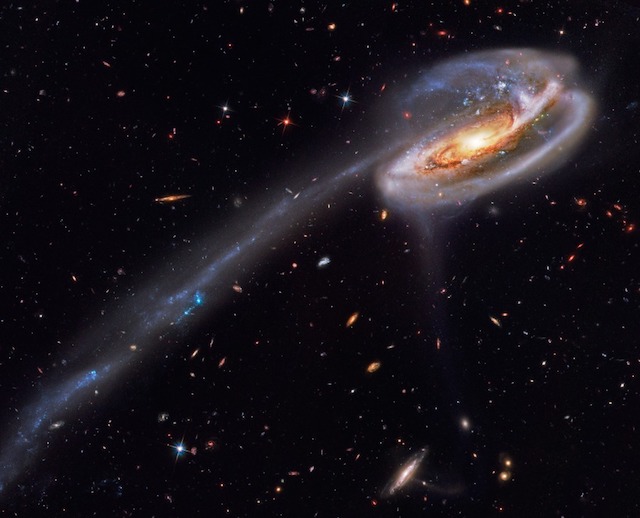
[SCENE: The scene is sometime in the future, in a large meeting room, looking dusty and shabby from disuse. There are a dozen people in ragged, patched clothes milling around, seemingly setting up the room for a meeting. At the front of the room is a white board on which is written in large block letters “SO NOW WHAT?”
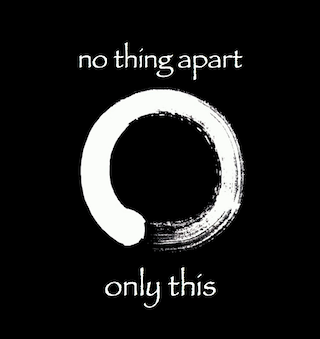 A man dressed in a polo shirt with coloured patches all over it, SKIP, ends a brief sidebar discussion with his colleague LAURIE, who wears a black t-shirt on which the words “no thing apart — only this” is emblazoned. A woman moves to the front of the circle to speak.]
A man dressed in a polo shirt with coloured patches all over it, SKIP, ends a brief sidebar discussion with his colleague LAURIE, who wears a black t-shirt on which the words “no thing apart — only this” is emblazoned. A woman moves to the front of the circle to speak.]
CHANEL: Welcome colleagues! [pause] So — now what? [looking at white board]. Three times we have tried to get this plant up and running again, and three times we have failed. This may be our last chance to get the internet back up and running again in this part of the world at least.
In a moment I’m going to introduce our guests, but first, for everyone, I’m going to ask Emily to summarize the current predicament we are facing.
EMILY: Thanks. Hi everyone. What we’ve been trying to do here is greatly simplify the supply chains involved in producing the components for the three main elements of internet infrastructure: network technology, server technology, and end-user technology. Some of you may know that, before the so called “Endless Recession” began, supplies for this equipment came from over 20 different countries and involved vast amounts of transportation for production, assembly and distribution. [shows slide:]
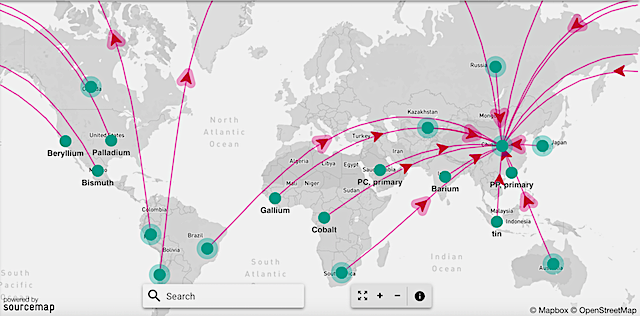
As we now realize, this kind of complexity no longer works in our shattered economy. With currency collapse and the end of liquidity of capital, almost nothing is moving beyond local levels: the airlines and shipping lines we depended on are all grounded due to lack of fuel and reliable, stable currency for business.
So what we’ve been trying to do is shrink this map so that everything essential to the production of internet equipment is locally sourced and produced. The problem is that this seems impossible to do. This system is so complex and there are so many players involved that our logistics people say it could take 3 decades to accomplish this, even just to get the internet and existing computers and servers functioning at a basic level in this country’s major cities. Hence our theme for today: “So now what?”
KAREN: Chanel has asked me to recap the economic and political context in which we’re trying to achieve this objective. As you know, the government announced last week that we have reached the third level of collapse in the Orlov model, specifically level 3.2 [shows slide:]
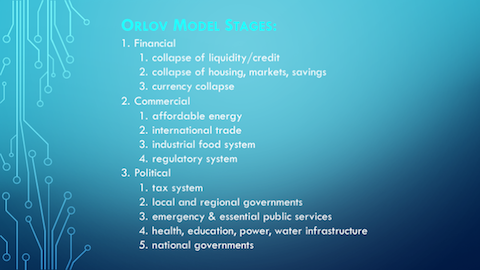
This has created all kinds of problems in trying to establish supply contracts, finance purchases, power our generators, pay our people, and get government support. It looks as if our insolvent regional government is going to be dissolved next week and, since privatization hasn’t helped keep these services running, the new local community co-ops are going to be charged with operating them, and with taking over the equipment to do so.
We are fortunate, so far anyway, that we here have been spared the climate crises that have made life miserable in so many places, but I have to tell you with no immediate money for salaries and food, and no expertise trying to run a very complex operation like this, I have no idea where to even start trying to get the supplies we need to get this plant operating, or even whether if we do so, the other organizations downstream needed to do their part will be able to make our work worthwhile.
If something doesn’t get better soon, we’re just going to have to give up and focus on our and our families’ immediate needs at home.
CHANEL: So that’s where we stand. Our guests aren’t promising us any solutions, but they have been very successful getting plants that produce more local goods, like textiles and foods, up and running again. So we thought we’d invite them to tell us what they’ve been doing. And they’re doing this for free, so we thank them for coming.
LAURIE: Thank you for inviting us.
We’re going to start by telling you a story. It’s about a tribe in the jungles of Brasil that is thriving, since the government of that country went bankrupt and the so-called “development” of the Amazon rainforest where they live, has ceased. Skip?
[slides showing the life of an Amazon tribe appear on the screen as Skip talks]
SKIP: So this tribe has about 20 families in it, about 100 people in all. They appear to have no abstract language, no sense or understanding of time, quantities, exchange or personal identity. They seem to have what scientists call a “hive mind” — no sense of themselves as separate from the rest of the tribe, the rest of their ecosystem’s life, or even from the place where they live. But they’re not mindless zombies — they seem to have lots of fun, they’re amazingly healthy, they work very little since local food is still abundant and the climate is, for now, ideal for them, and they seemingly have no hierarchy or separation of duties.
So they are entirely, spontaneously, self-organizing. And entirely accepting of whatever happens. They seem incapable of anger, fear, or sadness. And completely incapable of taking instruction, or giving it for that matter. I would be inclined to say they live completely in the present, except they don’t appear to have any sense of time. It’s more like they live outside of time.
As crazy as it may seem, what we have found to work in stage 3 collapse environments like the ones we’ve been working with, is to emulate their way of living, which apparently follows two rules [he pulls down a flip-chart to display this]:
The Irreducibility of Complexity: The Two Rules
1. Everyone in the group should do whatever they want.
2. The group should be allowed to self-organize without intervention or direction.
[noises of surprise and modest outrage are heard from the attendees]
JOSH: That’s ridiculous. That’s anarchy. Where exactly have you implemented this preposterous scheme?
LAURIE: We haven’t implemented it. We have presented this possibility to 36 organizations and communities. Gradually, 28 of them have started operating according to these rules. Some of them seemed much more hopeless than yours. After one year, 26 — 93% — of them are still operating, and 60% report that their success has been “far beyond what had been expected”. That compares to survival and success rates of 35% and 5% respectively in all organizations in this country. There are 64 additional organizations that are now looking at this way of operating, and once they’ve been at it for a year or more we’ll update the data.
What may surprise you even more is that the proportion of people who say they “enjoy” working for these organizations is 85%, versus 6% in other organizations in the country. Given how grim our economy is, this is an astonishing result. And this way of operating not our wisdom. We’ll leave you the film about the Brasilian tribe; it’s their simple wisdom, honed over at least 30,000 years.
JOSH: So how exactly does this work? What exactly does “do whatever you want” mean? How does such an organization deal with slackers, thieves, and idiots?
SKIP: It lets them be, unless and until the group spontaneously ousts them. There are no meetings, no “teams”, no instituted mission statements, goals, roles or processes. The organization just evolves, like an indigenous community, everyone doing their best, trying to solve the needs of citizens, colleagues and customers as best they can. We’ll leave you the contact information for all of the organizations that are doing this, and you can choose your own sample and confirm with them. It is impossible to say how or why it works, but it does.
LAURIE: And this is pretty much all we have to offer you. We’re not consultants. We don’t have books or implementation plans or workshops. We’ve told you everything. You can try it, or not. It’s up to you. I warn you it’s both easier and harder than it seems.
SKIP: We’ve been studying everything we can find on this tribe, and if you think these rules are crazy, looking deeper we’re finding things about them that are even more bizarre. When you watch the film you’ll see them discuss what we have called in English “The Three Conceits” — conceit in the sense of “things conceived of”, or underlying principles or ultimate truths about life and existence. We’ve watched how they manifest them and it’s mind-blowing.
[he pulls down another flip-chart that reads:]
The Three Conceits:
1. Nothing matters.
2. To the individual, what seemingly matters is resolving the apparent sense of loss that accompanied the feeling of becoming a separate individual that arose in infancy.
3. To those in love, while that lasts, love is all that matters.
So they seem to essentially believe that “self-consciousness” isn’t a blessing or sign of higher intelligence but a curse, an illness that afflicts all of their people in early childhood, a tragedy that needs to be healed over a lifetime. When we asked them whether there is actually a cure for this “curse”, they simply restate the First Conceit. They also seem to see love as a form of delightful but transient insanity, to be cherished but not clung to.
They seem to live in a sense of total acceptance and connection. They witness what we would call death, suffering, atrocities committed by other tribes or by the government, but they seem unmoved by any of it — not insensitive, but rather completely accepting, not taking it personally, as if it’s not actually happening to any one. It’s as if they have no individual personalities at all, and even the tribe as a whole shares its “collective” personality with everything and every creature around it. They are bursting with joy, with an almost childlike wonder at everything. My guess is that if it weren’t for their extreme isolation, they would have been wiped out by others by now, because there is no fight in them, no sense of possession, property, or rights.
But can you imagine what our civilization might be like if we all lived their way? No competitiveness, no personal property, no pride of ownership, no personal grief or rage or jealousy or shame or any of the other emotions that tear us apart and set us against each other?
JOSH: Yeah, I can imagine it. The competitors who do have these survival instincts and emotions would wipe the fools out in no time. They’re living in a idealistic dream.
LAURIE: Perhaps. They seem to believe it is we who are living in a dream, a hallucination of fear and separateness and anxiety that has no basis in their reality. So they may well be exterminated. But we have built our civilization on these adversarial, fearful, unaccepting foundations, and if you look around at what it has now wrought, it looks pretty shaky, unsustainable, and almost unbelievably naive and foolish. The idea of perpetual growth, the idea that vicious competition works better than cooperation, the idea that we are separate from and better than and in control of our ecosystems and everything in them — these are truly insane ideas, yet they dominate our actions and have brought us to the brink of global collapse.
At the same time, if you look at this tribe, they continue to thrive after 30,000 years living a way that is inconceivably foreign to us. Maybe it’s time to see if they have some answers that might guide us as we head into what appears a perilous future.
CHANEL: I have a question. If this tribe is so successful, why aren’t there millions of them, rather than just 100?
SKIP: That’s a mystery we haven’t figured out. They clearly don’t have any birth-control, and they seem to have a lot of sex, but somehow the metabolism of the females of the tribe seems to be such that they only get pregnant often enough to sustain their population at its current level. It seems very fragile — an infectious disease or an attack by another tribe or, at one time, a proposed logging or mining operation — would seemingly be the end of them. I’m very worried about that, but they don’t seem to be.
EMILY: Your chart with the two rules has the subtitle “The Irreducibility of Complexity” — what exactly does that mean?
LAURIE: That’s another mystery. The tribe has a song, that all of them learn to sing at a young age — in fact the whole language seems more like songs than language, since it appears not to have tenses or syntax or sentence structure. When we asked them what the song “meant” they just reiterated the First Conceit. When we asked them what it was about they used this series of hand gestures that was absolutely magical to witness;
[he gestures, his arms moving in a series of circles and spirals]
and they all “know” these gestures, as if it were a tribal dance. The gestures include something like the ragged “enso” circle design on my shirt, which also appears in some of their art. Although we cannot know for sure, these gestures would seem to suggest that their world is irreducibly complex — that it cannot be known or controlled or reduced, but is in every sense complete, timeless and perfect. They have no artifacts, no tools or mechanical devices, as if such fragile contrivances, being merely complicated, were an affront to natural laws. That acceptance seems to underlie their rules and conceits, their whole way of being.
KAREN: I have to say, as fascinating as all this is, I think what you have proposed might go down in the history of organizational and community management as the worst idea of all time.
SKIP: Yes, it’s actually closer to “unmanagement”. If you have other ideas that have not been tried, you might want to try them first. The organizations and communities that are using this had pretty much run out of other ideas. Fortunately, it seems.
LAURIE: I love the idea of this being “the worst idea of all time”. We’ve been looking for a title for this presentation, and for the second film about the tribe, which delves a bit more into the three conceits. Do you mind if we use it?
KAREN: Only if it doesn’t work — or if you don’t credit me for it.
LAURIE: Deal!
[Chanel has a brief, inaudible conversation with one of the other attendees]
CHANEL: I’m told that it’s lunch time, and that soup’s ready. We’re in recess until one.
[END OF ACT ONE]
[Author’s Notes: This start-of-a-play was inspired by a lucid dream I had a couple of weeks ago, in which the precise words “the irreducibility of complexity”, and the two rules and the three conceits noted above, were stated. The top image is from the brilliant and generous artist Geralt at Pixabay, CC0. The map is from Sourcemap, and the Orlov Model is based on Dmitry Orlov’s Five Stages of Collapse. Other than the “enso” circle, none of these images appeared in my dream.]
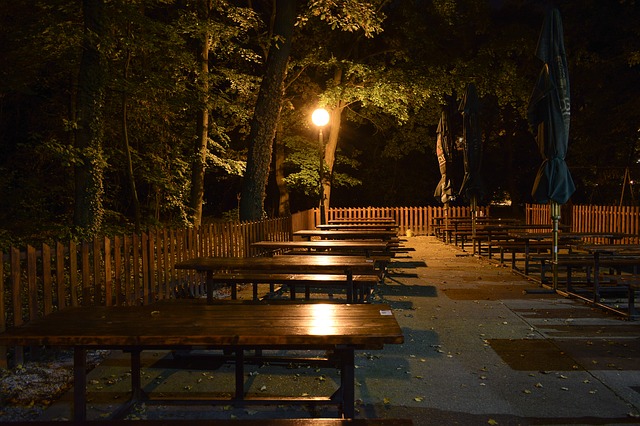


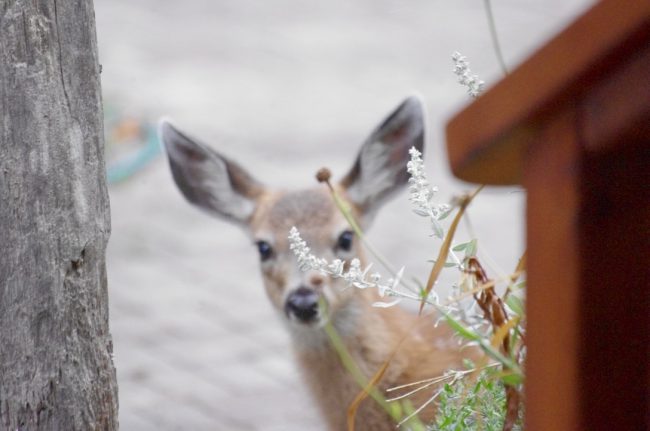

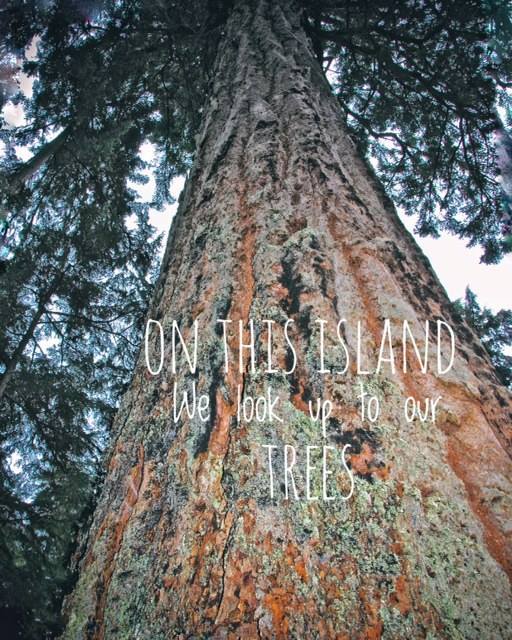

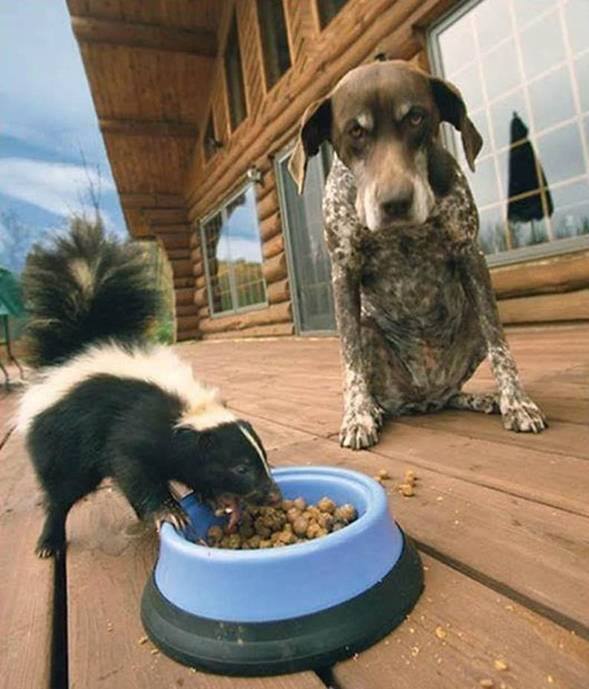
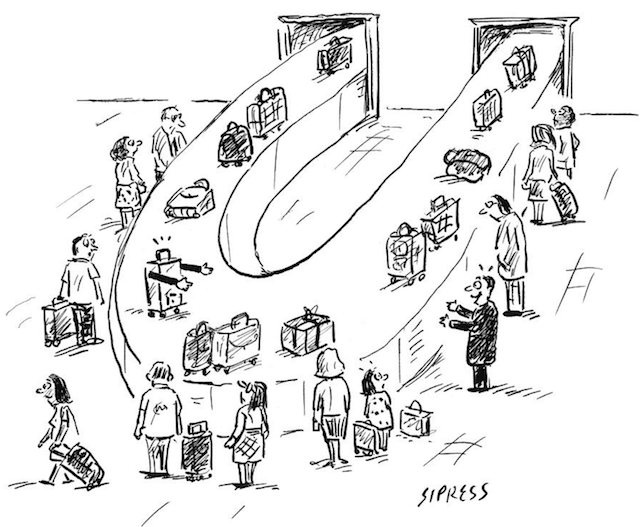
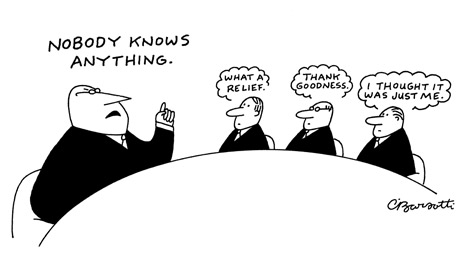
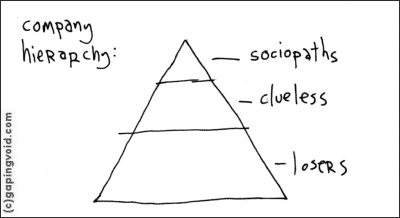
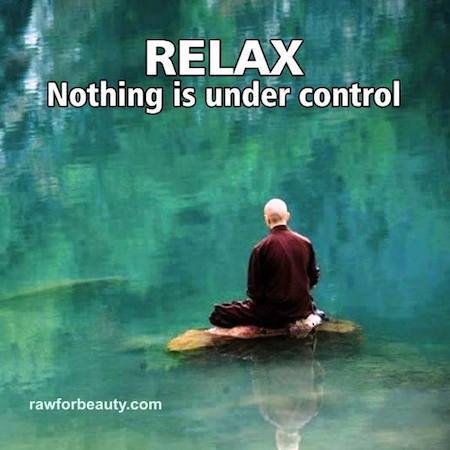

 A man dressed in a polo shirt with coloured patches all over it, SKIP, ends a brief sidebar discussion with his colleague LAURIE, who wears a black t-shirt on which the words “no thing apart — only this” is emblazoned. A woman moves to the front of the circle to speak.]
A man dressed in a polo shirt with coloured patches all over it, SKIP, ends a brief sidebar discussion with his colleague LAURIE, who wears a black t-shirt on which the words “no thing apart — only this” is emblazoned. A woman moves to the front of the circle to speak.]

 When I was younger, two Tarot Cards turned up repeatedly in readings done for me: The Hanged Man, and the Fool. The Hanged Man was interpreted at the time as a sign that I was destined for a life of self-sacrifice, and possibly asceticism. This explanation seemed implausible, and while my youth was not particularly happy, I have in fact been blessed all my life with great fortune, and whatever struggles I have faced have been largely of my own doing.
When I was younger, two Tarot Cards turned up repeatedly in readings done for me: The Hanged Man, and the Fool. The Hanged Man was interpreted at the time as a sign that I was destined for a life of self-sacrifice, and possibly asceticism. This explanation seemed implausible, and while my youth was not particularly happy, I have in fact been blessed all my life with great fortune, and whatever struggles I have faced have been largely of my own doing.
